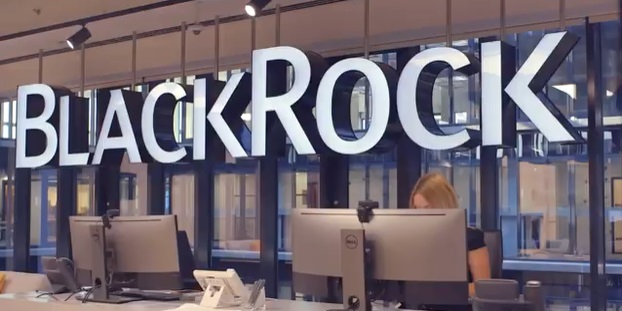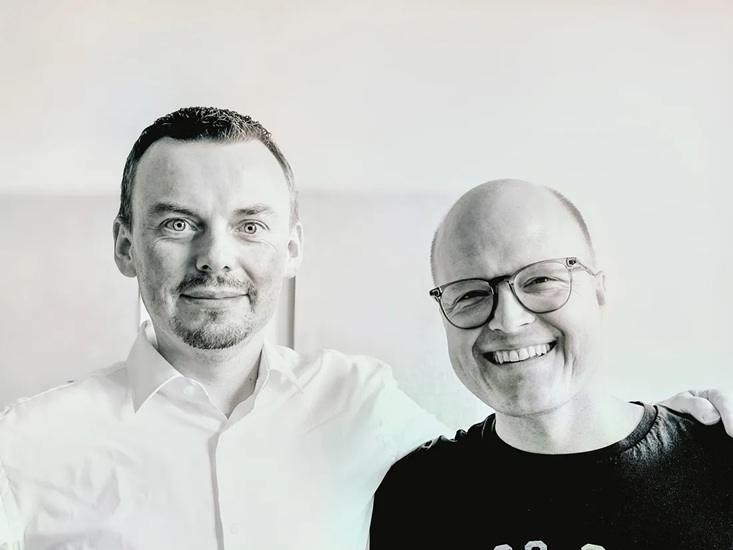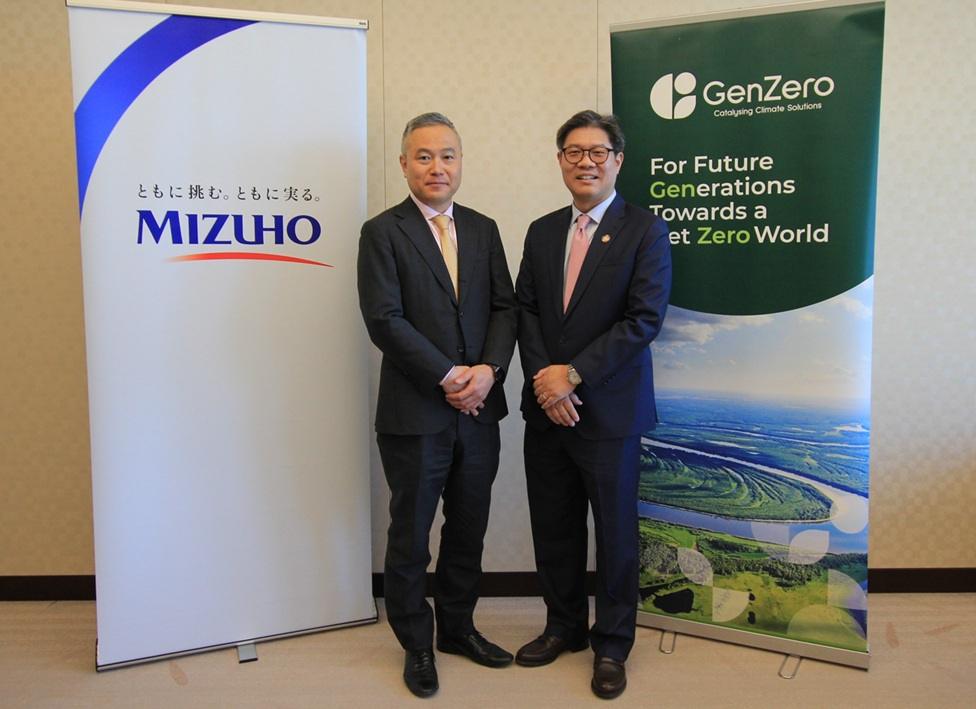Larry Fink Letter Highlights Net Zero Transformation Opportunity, Centrality of Data and Disclosure
BlackRock Chairman and Chief Executive Officer Larry Fink published his annual letter to CEOs today, highlighting the risks and opportunities to companies and investors from the global transition to a net zero economy, and outlining BlackRock’s own net zero initiatives and commitments.
The letter follows last year’s landmark message to CEOs, in which Fink indicated that sustainability, and climate action in particular, would become a central consideration in the firm’s investment process going forward. In the new letter, Fink outlines how the global health, economic and social challenges experienced this year have brought sustainability issues even more to the forefront.
Fink writes:
“I believe that the pandemic has presented such an existential crisis – such a stark reminder of our fragility – that it has driven us to confront the global threat of climate change more forcefully and to consider how, like the pandemic, it will alter our lives. It has reminded us how the biggest crises, whether medical or environmental, demand a global and ambitious response.”
According to Fink, the transition to net zero will effect the business model of virtually every company, and those with well articulated and executed strategies to address and navigate the changes will stand out for all stakeholders, including customers, policymakers, employees and shareholders. He further highlights the need for consistent, high quality and material data and disclosure in order to understand and track the progress that companies are making as they prepare for this global transition.
Last year, BlackRock asked companies to improve their sustainability reporting by aligning with the recommendations of the Task Force on Climate-related Financial Disclosures (TCFD) and the Sustainability Accounting Standards Board (SASB). Fink points to the success of this initiative, reporting that the past year has seen a 363% increase in SASB disclosures and more than 1,700 organizations expressing support for the TCFD.
Going beyond helping investors understand climate related risks, BlackRock is asking companies to outline how their businesses and long terms strategies align with the net zero transition. Fink writes:
“Given how central the energy transition will be to every company’s growth prospects, we are asking companies to disclose a plan for how their business model will be compatible with a net zero economy – that is, one where global warming is limited to well below 2ºC, consistent with a global aspiration of net zero greenhouse gas emissions by 2050. We are asking you to disclose how this plan is incorporated into your long-term strategy and reviewed by your board of directors.”
Additionally, BlackRock is asking companies to include disclosures on talent strategy that include long-term plans to improve diversity, equity, and inclusion.
Fink also addresses one of the key emerging issues for companies and investors, namely the development of a unified global standard for sustainability disclosure:
“We strongly support moving to a single global standard, which will enable investors to make more informed decisions about how to achieve durable long-term returns.”
The letter, along with a separate letter to clients, also spells out the actions that BlackRock itself is taking in supporting the goal of net zero greenhouse gas emissions by 2050 and to help investors prepare for a net zero world. The key actions highlighted for 2021 revolve around measurement and transparency, including the publication of a temperature alignment metric for public equity and bond funds, disclosure of the proportion of the firm’s assets under management that are currently aligned to net zero and the introduction of a 2030 target for net zero aligned assets; investment management initiatives such as incorporating the impact of climate change into capital markets assumptions, and helping clients benefit from opportunities created by the energy transition, and; using investment stewardship to ensure that companies are mitigating climate risk and considering the opportunities presented by the net zero transition.
As in last year’s letter, Fink highlights how the integration of sustainability factors in strategy and actions is a key factor in the long-term success of a company, and a central consideration for investors. Fink writes:
“It is clear that being connected to stakeholders – establishing trust with them and acting with purpose – enables a company to understand and respond to the changes happening in the world. Companies ignore stakeholders at their peril – companies that do not earn this trust will find it harder and harder to attract customers and talent, especially as young people increasingly expect companies to reflect their values. The more your company can show its purpose in delivering value to its customers, its employees, and its communities, the better able you will be to compete and deliver long-term, durable profits for shareholders.”





